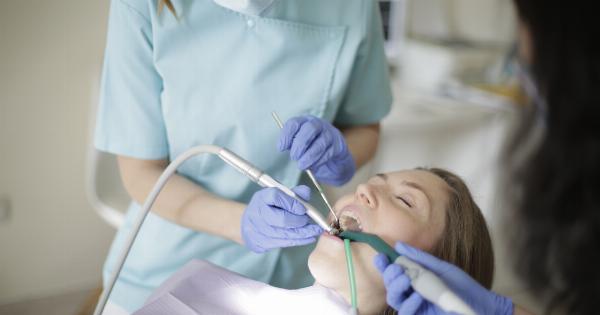Weekend surgeries have been a controversial topic in the medical industry. There is much debate regarding the safety and effectiveness of surgeries that take place on weekends.
A lot of concerns have been raised regarding the quality of care provided during these surgeries and their impact on patient mortality rates. This article aims to explore the impact of weekend surgeries on patients’ mortality rate and to suggest measures that could improve patient safety.
What is a Weekend Surgery?
A weekend surgery is a surgical procedure that takes place on a Saturday or a Sunday or any other day outside of a weekday. It is also referred to as “off-hour” surgery.
These surgeries are common, and they are necessary to provide medical care to those in need. However, the weekend surgeries are often considered to be more dangerous, given that fewer medical personnel are available during that time.
The Impact of Weekend Surgeries on Patient Mortality
There is evidence that performing surgery on weekends could increase the risk of patient mortality.
The studies that have been conducted on this subject matter show that there is a substantial difference in mortality rates between weekday surgeries and weekend surgeries. A study published in The BMJ found that the 30-day mortality rate for weekend surgeries was higher than that of weekday surgeries.
Another study conducted by the University of Manchester found that weekend surgeries were associated with a higher risk of death and some complications compared to weekday surgeries.
The study found that the risk of death due to surgery on weekends was 82% higher than during weekdays. Additionally, the risk of major complications was 11% higher during weekend surgeries than during weekday surgeries. Furthermore, the study also found that weekend surgeries were often associated with longer hospital stays and higher healthcare costs.
The Causes of Higher Mortality Rates
The exact causes of higher mortality rates during weekend surgeries are not yet fully understood. However, it is believed that the following factors may contribute to the higher mortality rates:.
Lack of Adequate Staff
One of the major reasons for higher mortality rates during weekend surgeries is the lack of adequate staff. Many medical facilities have limited staff on weekends compared to weekdays.
This means that there are fewer medical personnel available to respond to any emergencies that may arise during surgery.
Less Experienced and Tired Staff
The medical staff available during weekend surgeries is not always as experienced as the staff available during weekdays.
This is because, during weekends, many senior physicians would take days off, and less experienced staff would continue with surgeries. Additionally, the staff is likely to be working at odd hours, often coming from a night shift or covering multiple shifts on weekends. The pressure and fatigue affect their attentive and cognitive abilities, leading to errors during surgery.
Delayed Access to Diagnostic Tests and Treatment
Diagnostic tests, such as scans, may be unavailable during weekends, leading to unnecessarily delayed diagnoses and treatment. This could cause serious complications and an increased risk of mortality.
Measures to Improve Patient Safety During Weekend Surgeries
There are several measures that medical facilities can put in place to reduce the risks associated with weekend surgeries. These measures include:.
Increasing the Number of Staff on Weekends
Medical facilities should consider increasing the number of medical personnel available during the weekends. This could help ensure that there is sufficient staff to cater to any emergencies that may arise.
Additionally, senior staff should be required to work during weekends as well.
Improving the Capacity for Diagnostic Tests
Medical facilities should ensure that there is access to all necessary diagnostic tests during weekends. This would help ensure that patients can be diagnosed and treated promptly, reducing the risk of complications and mortality.
Pre-surgical Planning Meetings
Medical staff should conduct pre-surgical planning meetings to ensure that everyone is familiar with the patient’s history and the surgical plan.
This would reduce the likelihood of miscommunication, enhance coordination of care-end treatment, and improve patient outcomes.
Regular Staff Training and Education
Medical facilities should invest in regular staff training and education to ensure that medical personnel are adequately prepared to deal with emergency situations that may arise during surgeries.
Moreover, continuous quality improvement programs should be implemented to reduce surgical errors and enhance patient safety.
Conclusion
Weekend surgeries are essential for providing medical care to those in need. However, there have been concerns regarding the quality of care provided and its impact on patient outcomes.
Studies have shown that the mortality rates for weekend surgeries are higher than those of weekday surgeries. This is due to factors such as the lack of adequate staff, less experienced staff, and delayed access to diagnostic tests.
To improve patient safety, medical facilities should consider measures to increase the number of staff, improve diagnostic access, and provide regular training and education for staff.





























